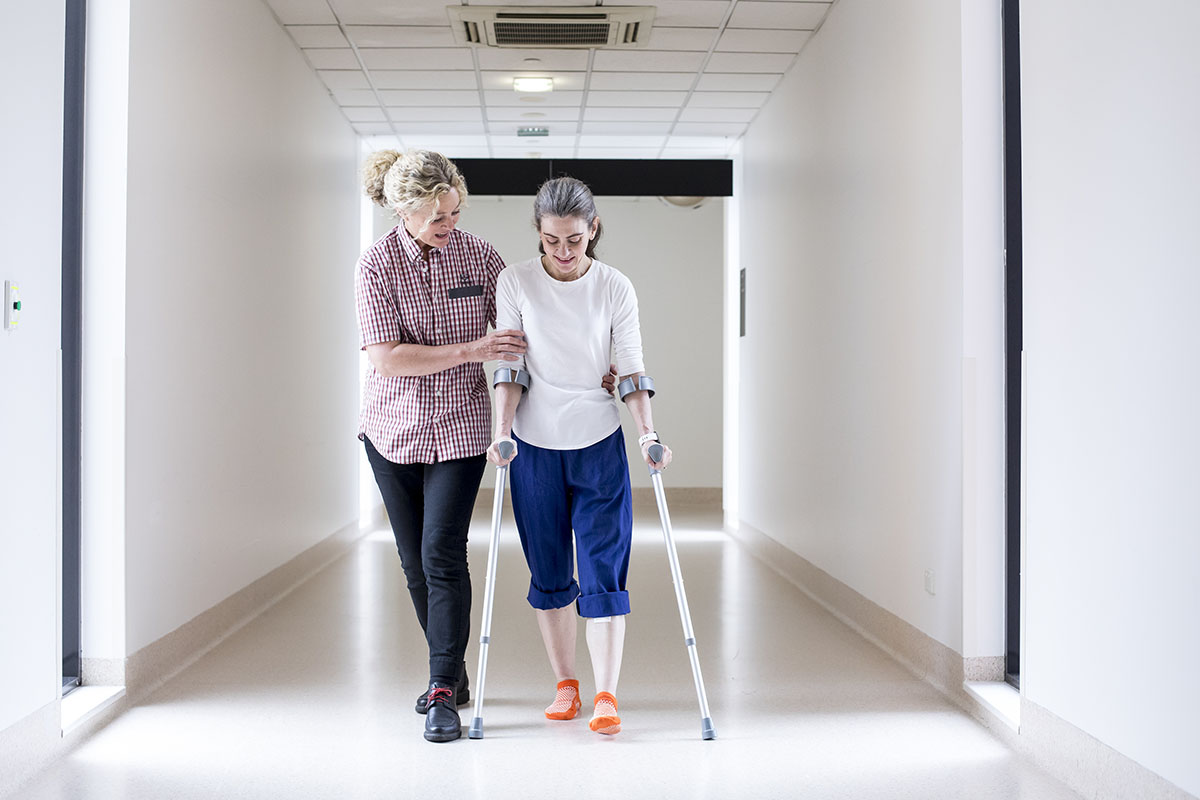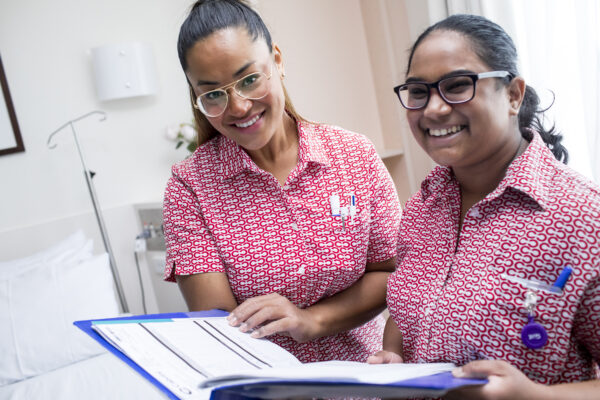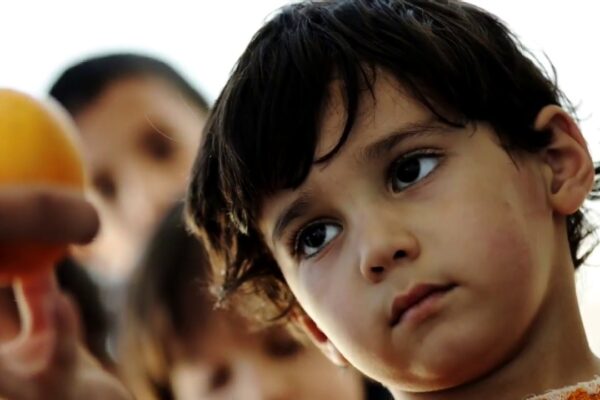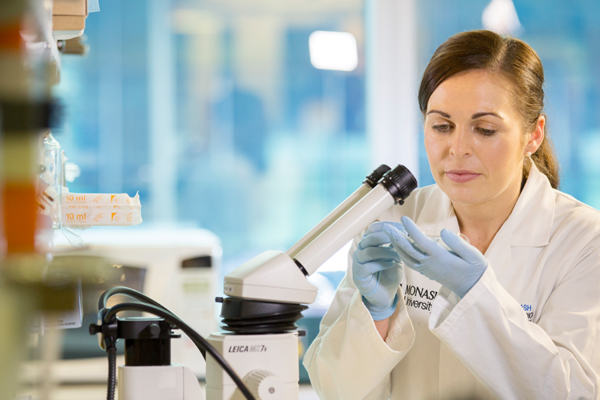All children and young people who come to Cabrini have a right to feel and be safe. Cabrini policies and practices aim to keep children safe from harm and proactively address any child safety risks.
Cabrini is committed to providing a safe environment for children and young people and child safety is an identified priority. This includes the identification of, and response to, child safety risks and incidents, and compliance with legislation.
Cabrini has a zero tolerance of child abuse. All allegations and safety concerns are treated seriously and consistently with structures in place to report child safety issues at the highest level of governance.
Organisational policies and procedures are in place to –
- minimise risk and eliminate the potential for harm to children and young people;
- empower and support children and young people and ensure their voices are heard;
- implement robust human resources practices for all staff, contractors and volunteers, recognising that every person at Cabrini has a role to play in creating a safe environment for children and young people; and
- meet the Child Safe Standards (Vic) and other legislative requirements including duty of care and reporting obligations.
Cabrini strives to embed a culture of child safety across the organisation. Ongoing monitoring and review will ensure the system is responsive to the needs of children. Additional consideration is given to the needs of vulnerable children – specifically children with a disability, Aboriginal and Torres Strait Islander children, and children from culturally and linguistically diverse backgrounds.






Social policy statements
To read the Missionary Sisters of the Sacred Heart of Jesus’s corporate stances, please click here.
Cabrini Australia welcomed the passing of the Commonwealth Government’s Modern Slavery Act 2018 and is committed to playing our part in eradicating all forms of modern slavery.
We believe that every person deserves to work in a dignified job, without risk of exploitation, and that workers should be protected, not harmed. We also believe that we all have a role to play in ending exploitation, through the purchasing choices we make.
Cabrini’s commitment to responsible engagement of suppliers is outlined in the Cabrini Ethical Sourcing Code.
Cabrini’s social policy position statement on modern slavery
Download View online
Cabrini’s 2020 modern slavery reporting statement
Download
Our mission and identity impels us to continue to look beyond our current services to identify and respond to unmet need. Australia’s First Peoples experience significant marginalisation and disadvantage and this is reflected in the wide disparity in their health outcomes compared to non-indigenous Australians. We believe we cannot be indifferent in the face of this problem.
Cabrini is currently developing our Reconciliation Action Plan (RAP) and reviewing our social policy statement – Australia’s First Peoples. Both documents will be available on this page once complete.
Our RAP will provide the supporting framework to ensure Cabrini is part of the solution to Close the Gap, by promoting culturally safe practices to ensure equality in accessing safe, high-quality person-centred care, and providing care that is culturally appropriate for Aboriginal and Torres Strait islander people.
Reflect Reconcilliation Action Plan
All children and young people who come to Cabrini have a right to feel and be safe. Cabrini policies and practices aim to keep children safe from harm and proactively address any child safety risks.
Cabrini is committed to providing a safe environment for children and young people and child safety is an identified priority. This includes the identification of, and response to, child safety risks and incidents, and compliance with legislation.
Cabrini has a zero tolerance of child abuse. All allegations and safety concerns are treated seriously and consistently with structures in place to report child safety issues at the highest level of governance.
Organisational policies and procedures are in place to –
Cabrini strives to embed a culture of child safety across the organisation. Ongoing monitoring and review will ensure the system is responsive to the needs of children. Additional consideration is given to the needs of vulnerable children – specifically children with a disability, Aboriginal and Torres Strait Islander children, and children from culturally and linguistically diverse backgrounds.
Resources
Aboriginal and Torres Strait Islander Crisis Support – www.13yarn.org.au
Kids Helpline – www.kidshelpline.com.au
Commission for Children and Young People – www.ccyp.vic.gov.au
eSafety for young adults and kids – www.esafety.gov.au/
Safe Steps Family Violence Response Centre – www.safesteps.org.au
The Orange Door – www.orangedoor.vic.gov.au
National Domestic Family and Sexual Violence Counselling Service – www.1800respect.org.au
Youth Affairs Council Victoria – www.yacvic.org.au